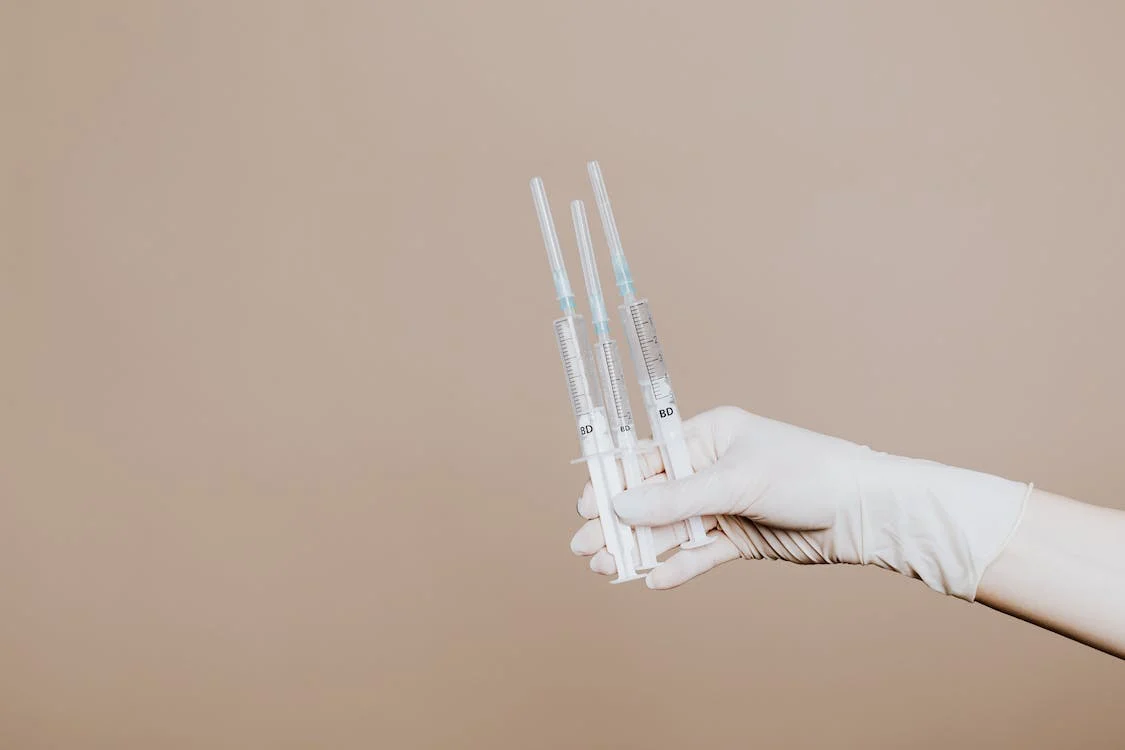
MayLips, a leader in skincare innovation, offers a glimpse into the future of anti-aging solutions. This post will explore how their cutting-edge products align with scientific principles to combat aging effectively.
The Biological Basis of Aging
The aging process is a complex interplay of genetic, environmental, and lifestyle factors. At its core, aging is characterized by a gradual decline in cellular function. Over time, our cells accumulate damage due to various factors, including oxidative stress, DNA damage, and telomere shortening. These changes result in the visible signs of aging, such as wrinkles, fine lines, and loss of skin elasticity.
One key aspect of aging is the reduced ability of cells to repair themselves. As we age, the efficiency of our DNA repair mechanisms declines, leading to an accumulation of genetic errors. This affects skin appearance and contributes to a higher risk of age-related diseases.
Oxidative Stress and Skin Aging
Oxidative stress, a key contributor to the aging process, is further exacerbated by external factors such as pollution, UV radiation, and lifestyle habits like smoking and poor diet. These factors increase the production of free radicals, leading to an overload that the body’s natural antioxidant defenses can’t counteract effectively. As a result, oxidative stress accelerates the breakdown of collagen and elastin, the proteins responsible for skin’s firmness and elasticity, leading to premature aging signs.
The role of antioxidants in combating oxidative stress cannot be overstated. These powerful molecules neutralize free radicals, thereby preventing them from causing cellular damage. Vitamins C and E are two of the most well-known antioxidants in skincare. Vitamin C, apart from being an antioxidant, also plays a critical role in collagen synthesis, making it a dual-action ingredient for anti-aging. Vitamin E, known for its moisturizing properties, also helps reinforce the skin’s barrier function, providing further protection against environmental aggressors.
Skincare products like those from MayLips often blend these antioxidants, creating a comprehensive defense system against oxidative stress. These formulations may include other antioxidant-rich ingredients like green tea extract, resveratrol, and ferulic acid. Green tea extract, rich in polyphenols, has been shown to protect against UV damage and improve skin hydration. Resveratrol, found in grapes and berries, neutralizes free radicals and has anti-inflammatory properties. Ferulic acid, often used with vitamins C and E, increases its stability and efficacy, making it a valuable component in anti-aging skincare.
It’s important to remember that topical application of antioxidants is just one part of a holistic anti-aging strategy. A diet rich in antioxidant-containing foods like fruits, vegetables, nuts, and seeds should accompany antioxidant-rich skincare products. This internal-external approach ensures a more comprehensive protection against oxidative stress, thereby more effectively preserving the skin’s youthful appearance.
The Role of Hydration in Anti-Aging
Hydration is crucial in the anti-aging puzzle, impacting the skin’s elasticity and overall health. When the skin is adequately hydrated, it looks more youthful and functions better. Hydrated skin has a stronger barrier function, protecting against environmental stressors like pollutants and UV radiation, which can accelerate aging.
In addition to hyaluronic acid, other hydrating ingredients are vital in maintaining skin’s youthfulness. Ingredients like glycerin, aloe vera, and ceramides work to attract and lock in moisture, further enhancing the skin’s hydration levels. Glycerin, for instance, is a humectant that draws water from the deeper layers of the skin and the environment, providing a hydrating boost. Aloe vera, known for its soothing properties, also offers hydration and helps heal and rejuvenate the skin. Ceramides, which are lipids naturally found in the skin, are essential in maintaining the skin’s barrier and retaining moisture.
Modern skincare formulations, like those offered by MayLips, often combine these hydrating ingredients with hyaluronic acid to create a synergistic effect. This approach not only replenishes lost moisture but also helps to maintain it, ensuring long-lasting hydration. By doing so, these products address the root cause of dehydration-induced aging rather than merely masking its symptoms.
Nutrition and Skin Health
The adage “you are what you eat” holds regarding skin health. A diet rich in vitamins, minerals, and antioxidants can significantly impact the skin’s appearance. Nutrients like vitamins C and E, omega-3 fatty acids, and beta-carotene are known for their skin-loving properties. They protect the skin from environmental damage and support cellular repair and rejuvenation.
In addition to a balanced diet, supplements and topical applications of these nutrients can further enhance skin health. Products that contain these ingredients, as offered by MayLips, provide an additional boost, supporting the skin’s natural defense mechanisms against aging.
The Future of Anti-Aging: Peptides and Stem Cells
The frontier of anti-aging science is constantly evolving, with peptides and stem cells emerging as promising research areas. Peptides are short chains of amino acids that can penetrate the skin and signal cells to perform specific functions, like collagen production. This can lead to improved skin texture and a reduction in the appearance of wrinkles.
Stem cells, on the other hand, have the potential to regenerate and repair damaged skin cells. Research in this area is still developing, but the possibilities are exciting. Skincare products incorporating these technologies are starting to appear in the market, offering advanced solutions for aging skin.
Conclusion
The science of anti-aging is a dynamic and ever-evolving field. By understanding the biological processes behind aging and the role of various factors like oxidative stress, hydration, nutrition, and emerging technologies, we can take proactive steps to maintain youthful, healthy skin. Products like those from MayLips embody the intersection of science and skincare, offering effective solutions to combat the signs of aging. Remember, while we cannot stop the clock, we can influence how it ticks on our skin. With the right knowledge and tools, we can embrace aging gracefully, celebrating each year with radiance and vitality.
Comments
comments